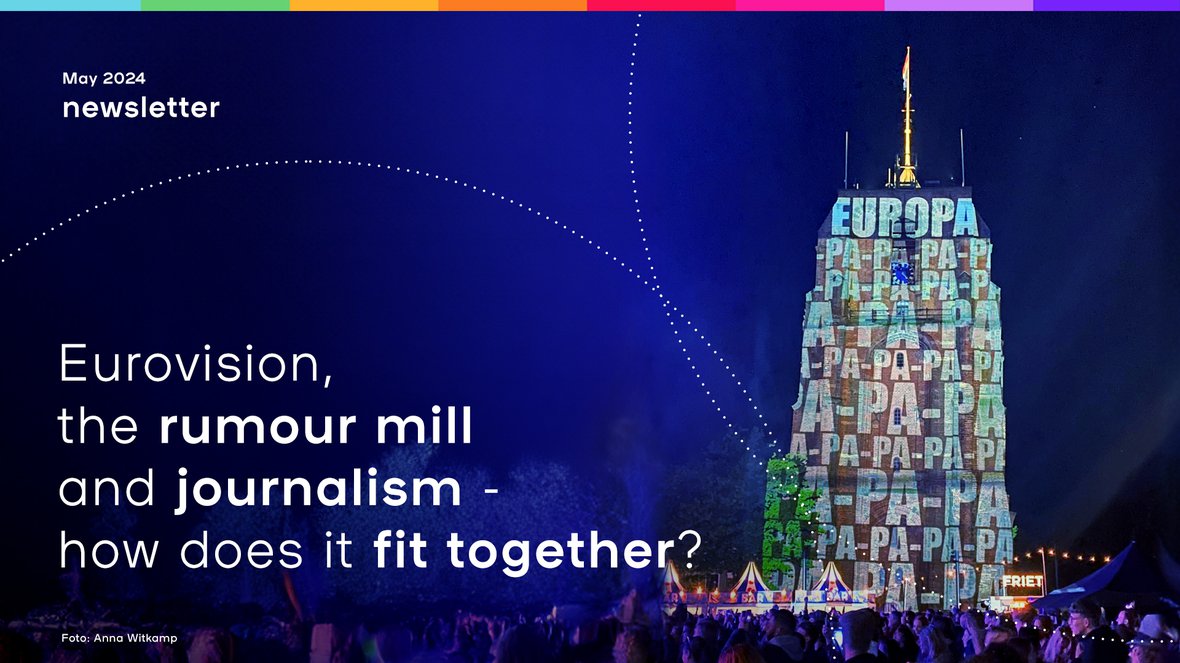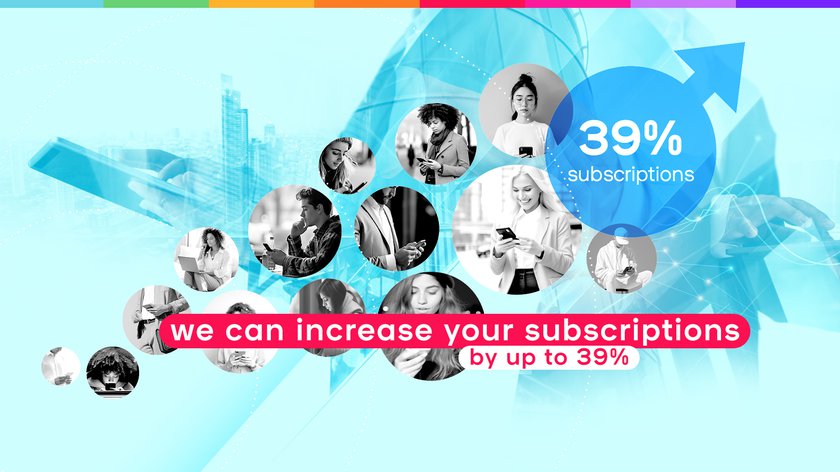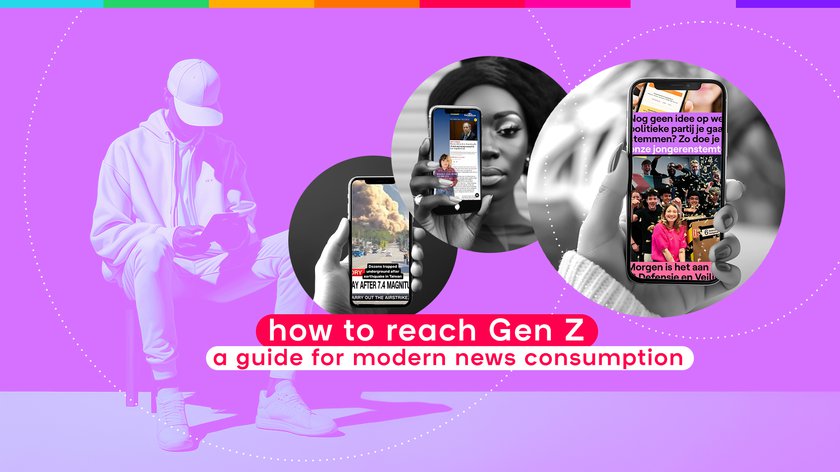Hello there,
Let's talk a little about the Eurovision Song Contest.
In the lead-up to one of the world's largest music shows, the event was already under political tension due to the controversial participation of Israel. But if that wasn’t enough, the Netherlands was disqualified just before the final on Saturday due to an incident involving an event staff member.
The organisers cited a threat but did not specify what exactly had happened, and disqualification was deemed necessary because the police were conducting an investigation.
Clearly, more information was needed, but neither the Dutch artist Joost Klein nor the implicated staff member have spoken publicly.
In the information vacuum, traditional media instead started reporting the rumours circulating on social media. A photographer was alleged to have been 'physically' attacked, there was supposed to be a quarrel with the Israeli team - both of which later proved to be untrue. The Dutch public broadcaster responded by reporting a ‘threatening gesture’ but this wasn’t impartial information, and was vague enough to keep fanning the fires of speculation.
Meanwhile, smartocto was on high alert as the servers started smoking. Particularly in the Netherlands, the reach of news sites tripled around the news of the disqualification. Whether each piece could satisfy the news hunger of the visitors is for each title to answer for itself.
Our news needs model lacks a 'Give me all the rumours' category, but perhaps in such situations, there should be a set of protocols in place. For example, a list of questions that an editorial team can use when deciding whether or not to publish, and whether to conduct further investigation:
- Do we know what happened?
- Is there a direct impact? (For example, a safety hazard?)
- Will it affect our audience if we don’t publish immediately?
- Are the 'what, when, who, where, why' answers factual enough to publish?
- Are we able to go beyond the speculations made on social media?
In evaluating such large traffic peaks, there’s another, more important question to answer: were we of sufficient value to our audience, such that the trust bond was strengthened rather than damaged?


